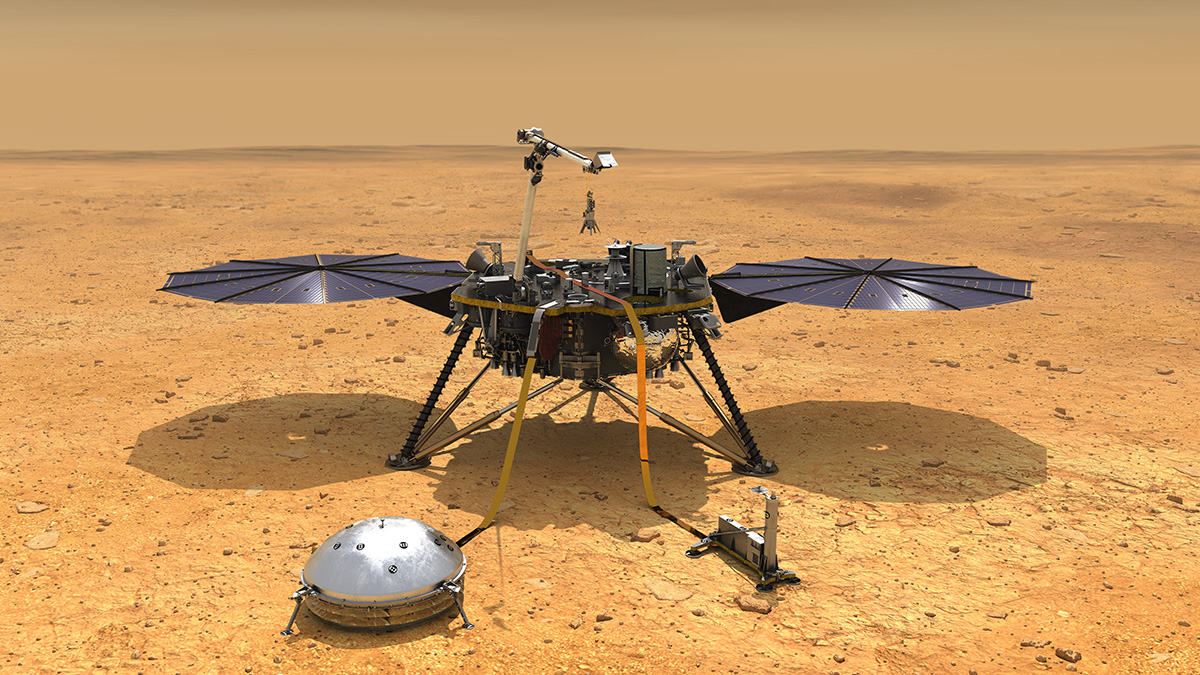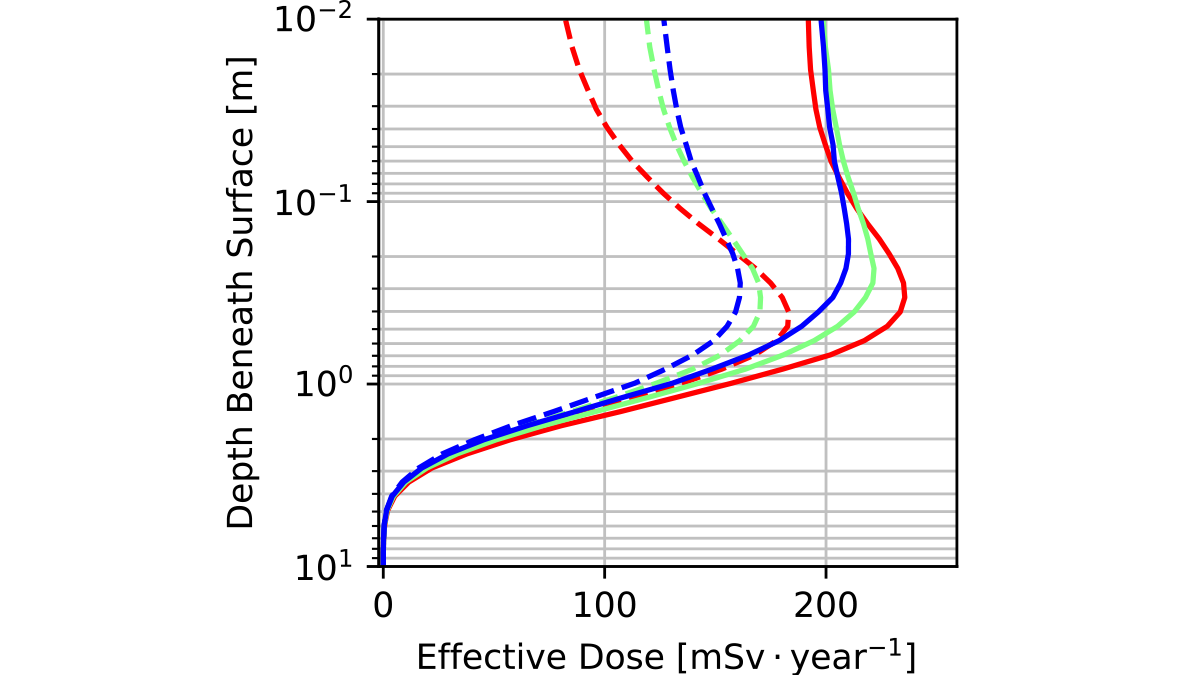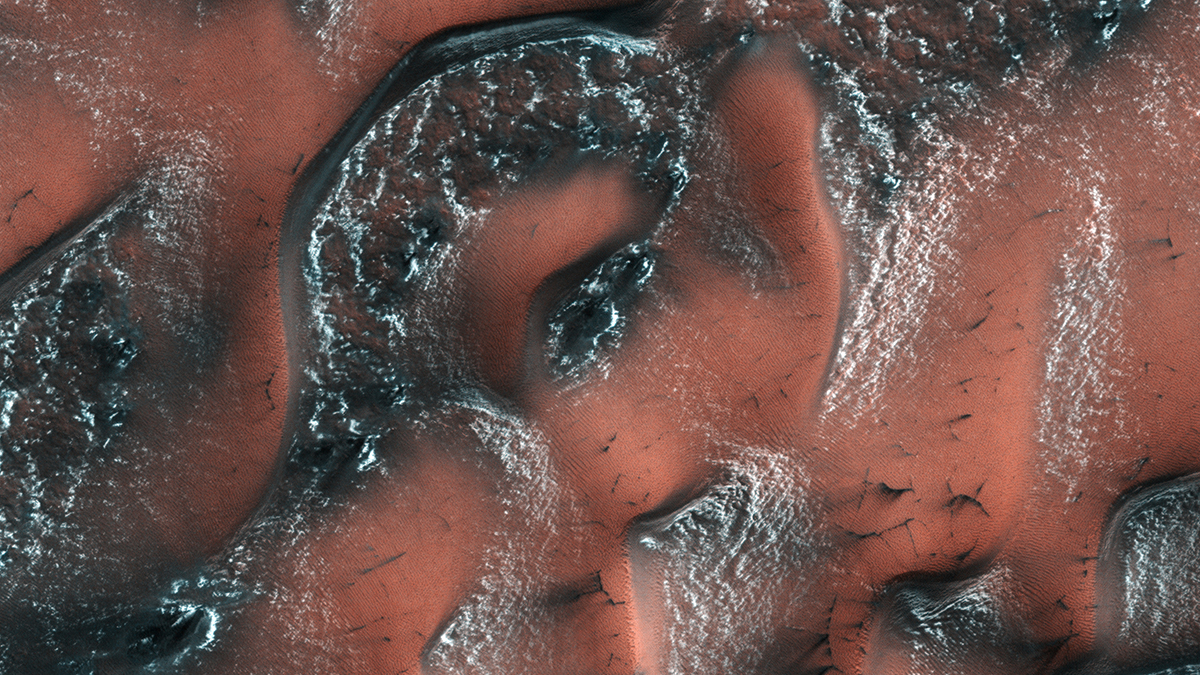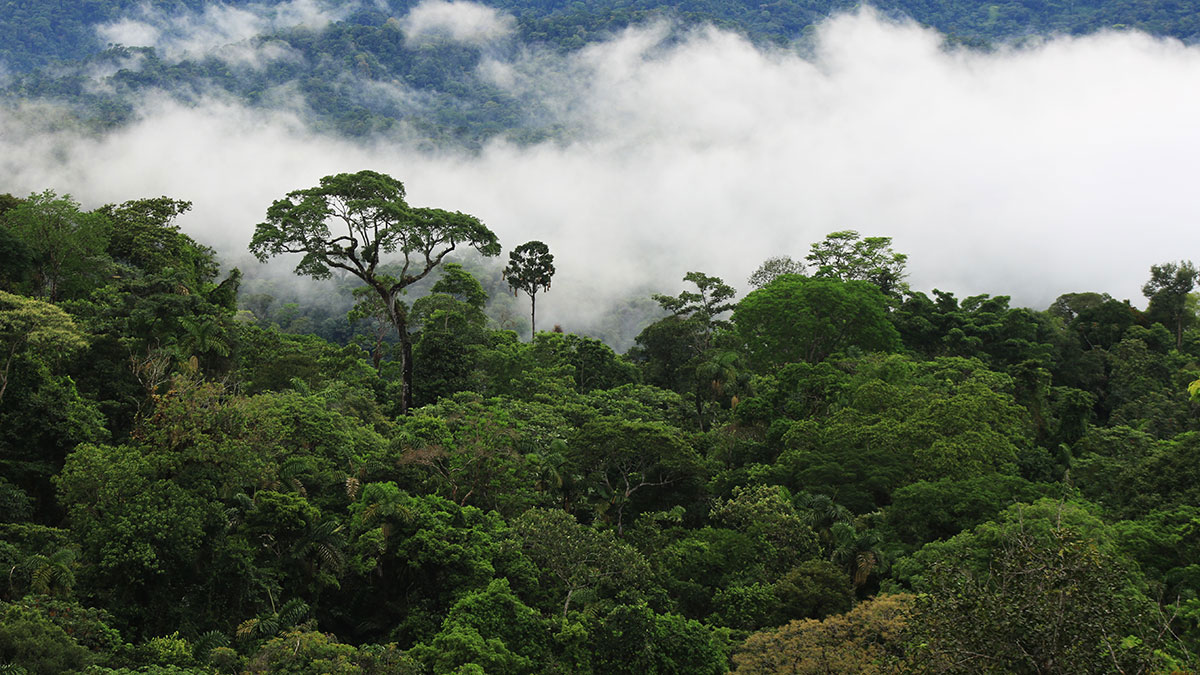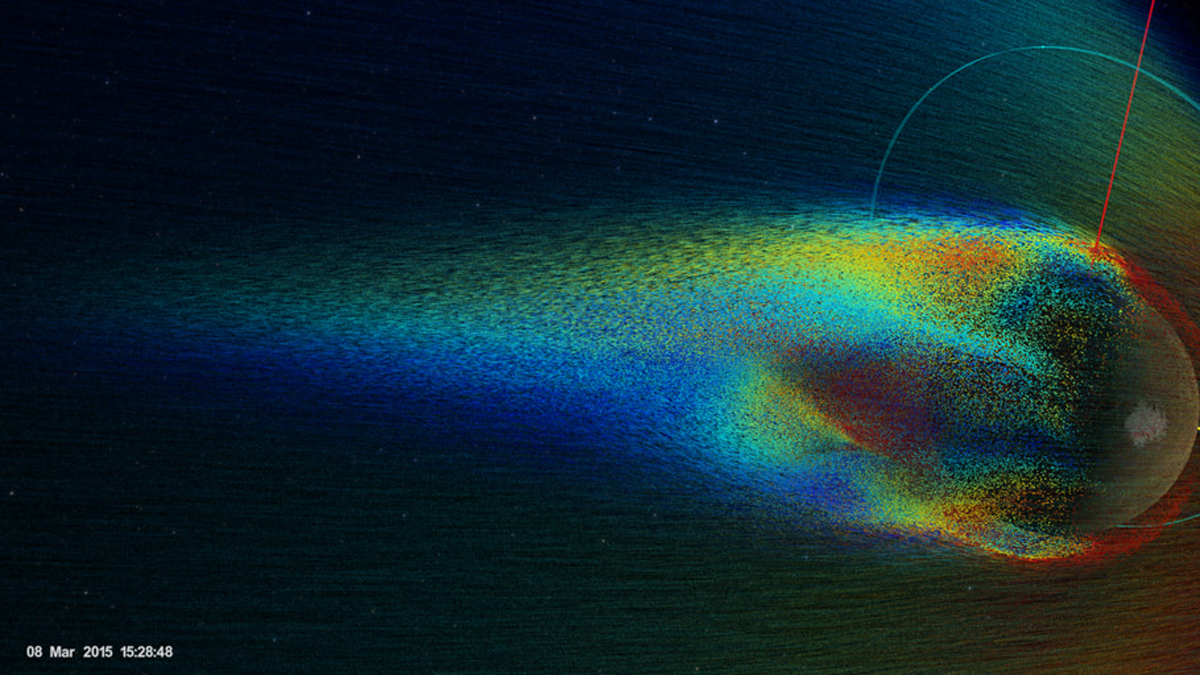The first seismic observations from Mars significantly reduce uncertainty in estimates of the Red Planet’s crustal structure.
Mars
JGR: Planets Author Aboard the International Space Station
NASA Astronaut and planetary geologist Dr. Jessica Watkins recently published her post-doctoral Mars research in JGR: Planets, just prior to heading to the International Space Station.
More Than Marsquakes: InSight Yielded Magnetism, Weather Discoveries
A secondary suite of instruments on the Mars lander produced a first look at magnetic fields from the planet’s surface.
Zhurong Rover Spots Evidence of Recent Liquid Water on Mars
The Chinese rover identified hydrated minerals—likely associated with groundwater—in sediments dating to the Red Planet’s most recent geologic period.
First Solar Wind Plasma Observations from the Tianwen-1 Mission
Solar wind plasma data captured by the Tianwen-1 probe while in transit to Mars represent an important step toward a new era of cooperative Martian space exploration.
Life on Mars? Estimating Radiation Risks for Martian Astronauts
New research suggests that to minimize radiation risk for human exploration of Mars, astronauts will need to dig deep for safety.
Mars’s Dust Cycle Controls Its Polar Vortex and Snowfall
On Earth, the water cycle is a dominant climate force. On Mars, it’s the dust.
Dust in the Wind, Dirt Under Our Feet, and Dunes of Another World
In our April issue of Eos, we follow researchers who get to the root of the Amazon basin’s rich landscape.
Martian Meteorites Reveal Evidence of a Large Impact
By analyzing rare Martian meteorites, researchers have uncovered a crystalline structure created by a large asteroid or comet impact that potentially affected the Red Planet’s habitability.

